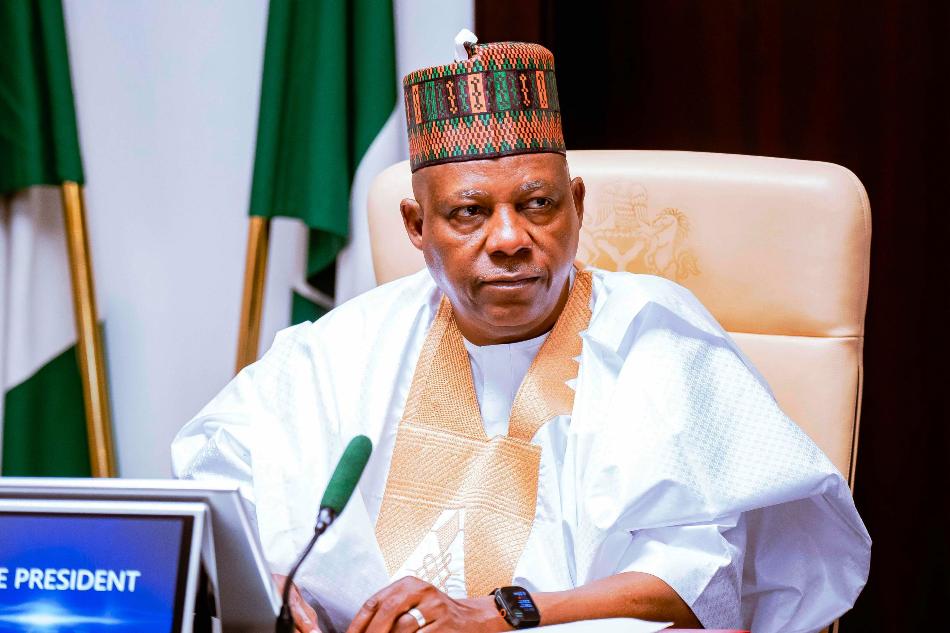
The Federal Government will next year end most of its subsidy payments in the electricity sector estimated at N30 billion monthly.
Vice President Yemi Osinbajo, who disclosed this at the opening of the 14th Nigerian Association for Energy Economics/IAEE conference in Abuja yesterday, said the government expected the electricity sector to generate its revenue from the power sector market.
The theme of the conference is ‘’Strategic responses of energy sector to COVID-19 impacts on African economies.’’
Prof. Osinbajo, who was represented by the Special Assistant to the President on Infrastructure, Engr. Ahmad Zakari, noted that government would be investing over $3 billion in the coming years to improve transmission and distribution infrastructure across the country.
He explained that the effort of President Muhammadu Buhari’s administration to reform the energy sector would ensure that it continued to play critical role in the growth of the country’s social and economic well being.
He said: “Electricity tariff reforms with service-based tariff has led to collections from the electricity sector by 63 per cent, increasing revenue assurance for gas producers and stabilizing the value chain.
“It is anticipated that all electricity market revenues will be obtained from the market with limited subsidy from next year as reforms in metering and efficiency with the DISCOs continue to improve.
“Accelerated investment in transmission and distribution, over $3 billion will be out into this sub-segment of the electricity value chain that will put us on the path to delivering 10 gigawatts through the interventions of the Central Bank of Nigeria, Siemens partnership, World Bank and Africa Development Bank, and others.”
He said as the electricity sector continued to be stabilized, more power was needed for the country’s large population.
“That is why this administration continues to invest in generation to cater for our current and future needs,” he said.
Osinbajo charged the participants to come up with solutions to key energy challenges facing the country, especially with the COVID-19 pandemic and energy transition.




